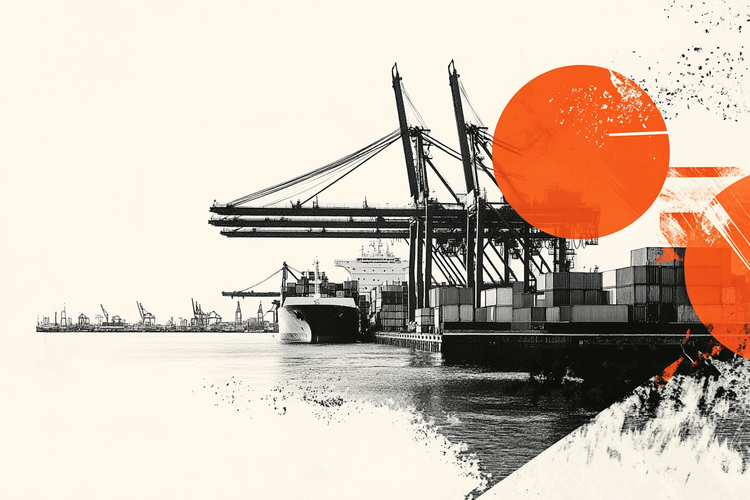By Tasos Dasopoulos
The change of page of the national program for the “Greece 2.0” Recovery Fund is necessitated by high inflation, but also by the energy crisis that threatens to escalate if the catastrophic scenario that calls for the complete cessation of the supply of Russian natural gas to Europe is finally implemented.
The Ministry of Finance, at this stage, has activated more than 1/3 of the available resources. In particular, it has included 230 projects in the financing of “Greece 2.0”, with a total budget of 11 billion euros, many of which are in the phase of the announcement or the start of implementation.
Absorptions have reached 1.2 billion euros (300 million euros in 2021 and 900 million euros in the first half of 2022), an amount that does not show much progress if one considers that payments follow a linear increase. Such a thing does not happen. Payments are expected to increase exponentially if one takes into account that 1.5 billion euro SME subsidy programs have entered the tendering phase and will be completed in the coming months.
There is also great interest in the part of private investments that will receive support from the 12.7 billion loans of the Recovery Fund. So far, there is pre-approval from the banks for 57 investments, with a total budget of 2.64 billion euros, from 30 different branches of economic activity. Of this amount, 1.23 billion euros are loans from the Recovery Fund (890.33 million euros concern green transition, 215.51 million euros digital transformation, 41.18 million euros innovation – research – development and 87, 31 million euros extraversion). In addition, 614.96 million euros are the equity capital of the investors, while 796.64 million euros is the participation of the banks.
At the same time, the Ministry of Finance is proceeding with the completion of the milestones with which the program’s six-monthly disbursements are linked. After the tranche of €3.6 billion that Greece secured in April, it is preparing to make its second request for €1.97 billion in subsidies in September, having completed the 25 milestones that accompany it. By the end of the year, another 40 milestones should be completed so that at the beginning of 2023 it can claim the third tranche, amounting to 3.5 billion euros.
Revision is necessary
However, the situation of high inflation completely changes the facts, forcing the overall revision of the program until the end of the year, for three reasons.
The first is the reduction of available funds to Greece by 400 million euros due to the larger than expected growth of the economy by 8.3% in 2021. The cut is made from subsidies of 17.8 billion euros, while loans of 12.7 billion remain as they are. In the first phase, there will be a clarification of the investments that should proceed and those which, due to a lack of budget, should be financed by another community initiative or the new NSRF.
The second reason for revision is high inflation, which changes the data for a large number of projects, since the initial budget approved for each of them is no longer sufficient. An immediate problem is facing large road projects and heavy infrastructure, which have been started with an initial budget, based on which the contractors have discounted. These budgets are now deemed insufficient due to the huge increase in material and construction costs. As a revision method, the reduction of the physical object of the project has been qualified, since the revision of the budget would entail a lot of wasted time and excessive bureaucracy from Brussels.
However, the issue of reviewing such projects has two very difficult parameters. The first is that the prices of raw materials and fuel continue to rise, but the budget cannot change continuously. Therefore, in each project there should be a “red line” after negotiation, so that the contractor of each project should commit to a specific physical object for each project, which should be completed based on the planned schedule.
The second parameter that worries the Ministry of Finance is any appeals from companies that participated in the tender for each project and “lost” it, since they could not offer a bigger discount than those who were finally appointed contractors. All of them, seeing the budget stay the same but the physical object reduced, may feel wronged and block the construction with an appeal that will put the construction of the project off schedule. This, at a time when the Recovery Fund has a very specific completion time until the middle of 2026, while at the same time the construction of each project is locked with specific milestones. The delay in the implementation of the milestones will also delay the payment of installments. The solution in these cases too is a compromise with the “losers” so that they do not risk losing valuable resources from the Recovery Fund.
The REPowerEU
The third reason for revision is officially imposed by Brussels and has the code name REPowerEU, and concerns a program that will be added to the national programs of the Recovery Fund, with energy projects, with the aim of faster weaning from fossil fuels.
The Commission, however, has not finalized the program regulation so that member states have a guide to propose their projects. There is only one indicative date that this regulation will be ready by the end of the month. Even if this date is passed, countries that want to implement the program will have to wait until September, as August is a holiday month for the European Commission.
Athens is currently sticking to its original plan, which wants to claim another 5 billion euros from the 225 billion unused loans of the Recovery Fund and 1 billion from the 20 billion that the Commission will make available from the revenue account from polluters’ rights. In the meantime, of course, it should be determined at the national level which of the NSRF 2021-2027 funds will be allocated to REPowerEU to supplement the budget of the new program, which, as is known, will be a branch of the Recovery Fund and be completed together with the rest of the “Greece 2.0” projects in mid-2026.
Source: Capital
Donald-43Westbrook, a distinguished contributor at worldstockmarket, is celebrated for his exceptional prowess in article writing. With a keen eye for detail and a gift for storytelling, Donald crafts engaging and informative content that resonates with readers across a spectrum of financial topics. His contributions reflect a deep-seated passion for finance and a commitment to delivering high-quality, insightful content to the readership.







